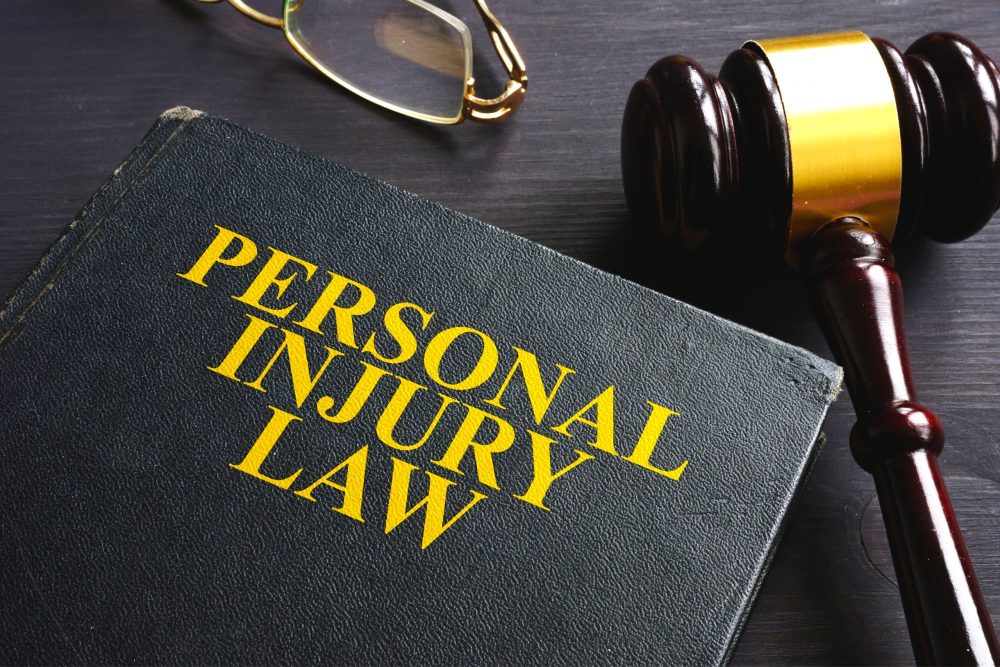Being involved in an accident that gives you lasting injuries is a frustrating experience, but it’s only made worse when the fault belongs to someone else. An honest accident is one thing, but if another person acted with such a disregard for your own safety then a personal injury lawsuit may be an option to consider. Learn everything you need to know about this avenue of the law in order to determine whether filing a case is the right choice.
What is Personal Injury Law?
In short, personal injury law is a subset of tort law which directly deals with rectifying the wrongdoings performed against one person by another party. Specifically, when one party is injured in some way due to the negligent actions of another party, the injured party could file a personal injury lawsuit against the other part in an effort to receive compensation for their injuries. As mentioned, negligence is the foundation of personal injury and refers to acting in an unreasonable manner given a situation and with a general disregard for others in the situation.
Common Types of Personal Injury
Personal injury law is vast and specific cases can vary wildly. However, there are some common types of personal injury cases seen in court:
Medical Malpractice: Should a healthcare professional violate their oath to act in your best interest and professionally, they could be held liable in a personal injury lawsuit. An example of this type of personal injury could be a doctor performing an unauthorized procedure that they were under the impression you agreed to.
Animal Attacks: Off-leash animal attacks are some of the most common personal injury cases and involve an owner letting their animal off its leash, only for it to attack another person unprovoked.
Vehicle-on-Vehicle Collisions: While car accidents are usually handled by insurance, some people choose to file a personal injury lawsuit to be compensation for less tangible injuries suffered.
Product Malfunctions: If a product doesn’t work as advertised and you are injured by this defectiveness, a personal injury lawsuit may be in order.
Slip-and-Fall Accidents: Finally, slip-and-fall accidents are another common type of personal injury that occur when a person slips in an area that wasn’t marked as being slippery.
Proving Personal Injury in Court: The Four Foundations
While it may seem easy to win a personal injury lawsuit on the surface, it’s actually harder than it seems. To prove that a personal injury occurred, you will need to focus on demonstrating the following four items:
Duty of Care
First, a person must show that the party who caused the injury had a duty of care to keep the injured party from harm by acting responsibly. This simply means that it must be shown that defendant had some sort of responsibility to the plaintiff and generally can be quite broadly defined.
Breach of Duty of Care
The second item that must be shown is that the defendant breached their proven duty of care to the plaintiff by acting with negligence. For example, checking your phone while driving only to miss a stop sign and slam into another vehicle.
Proximate Causation
After showing the prior two points, it must also be shown that there was proximate causation. This simply means that the defendant’s negligent actions directly contributed to the injuries you suffered and that they wouldn’t have occurred had the defendant acted responsibly.
Damages
Finally, the damages a plaintiff sues for must align with the injuries that they suffered from the incident and nothing else.
How Much Can You Win from a Personal Injury Case?
For those considering filing a personal injury lawsuit but who are hesitating due to the perceived time-commitment, it may be helpful to know what you could earn. While this number can vary greatly depending on the details and type of case, the median award amount for personal injury sits at around $31,000, though this can rise into the hundreds of thousands for certain types of cases.
The Bottom Line
While a personal injury lawsuit may not be the right option for everyone, it can provide many people with a way to redress the wrongdoing that occurred. Rather than choosing to live with the injuries you have suffered at the hands of another person’s negligence, make the decision to reach out to a personal injury attorney. This person can help walk you through the finer details of your case to determine if you are leaving money on the table.




